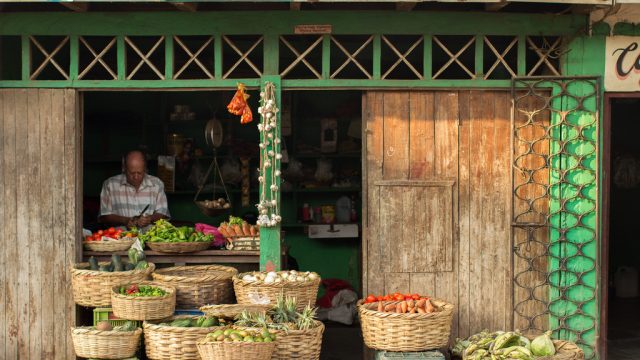
Nicaraguan Collaborators
I really enjoyed listening to the talk given by Michael Boudreau, as he provided a very interesting perspective. It was fascinating to hear about his studying in New Hampshire and then his trip to Nicaragua changing his life so much that he decided to live them and commit his life to serving Nicaragua. Michael also proved useful in helping us with some of our final projects. He was able to provide valuable information or clues about our topics.
Based on what we have learned in class, I don’t see Bridges to Community hurting the community. As seen is this report, Bridges is doing great work in the community. The organizing that Bridges does to help initiate the things that community members are searching for is wonderful and should definitely continue. However, it’s important that we be critical and I think Bridges could improve. The part that I think Bridges could improve on is reducing the money/resources that they contribute to volunteers. As we learned in class and as we could predict, most of the students traveling to volunteer in Nicaragua, and elsewhere, are unable to provide many of the services that locals need. For example, many students don’t have the technical skills required to build a latrine or a stove. Since, I am on the community health team and we learn some of the practical skills that we will apply on the trip, I might be just as useful as someone with prior experience. However, in general, I think it would be more efficient for Bridges to focus most of its money on coordinating locals, or skilled personnel to carry out the tasks in which they recruit volunteers to do.
I don’t think this is an issue that is unique to Bridges to Community. Community service organizations must strike a hard balance between providing volunteers with experience and exposure to different communities and providing locals with the most efficient help.